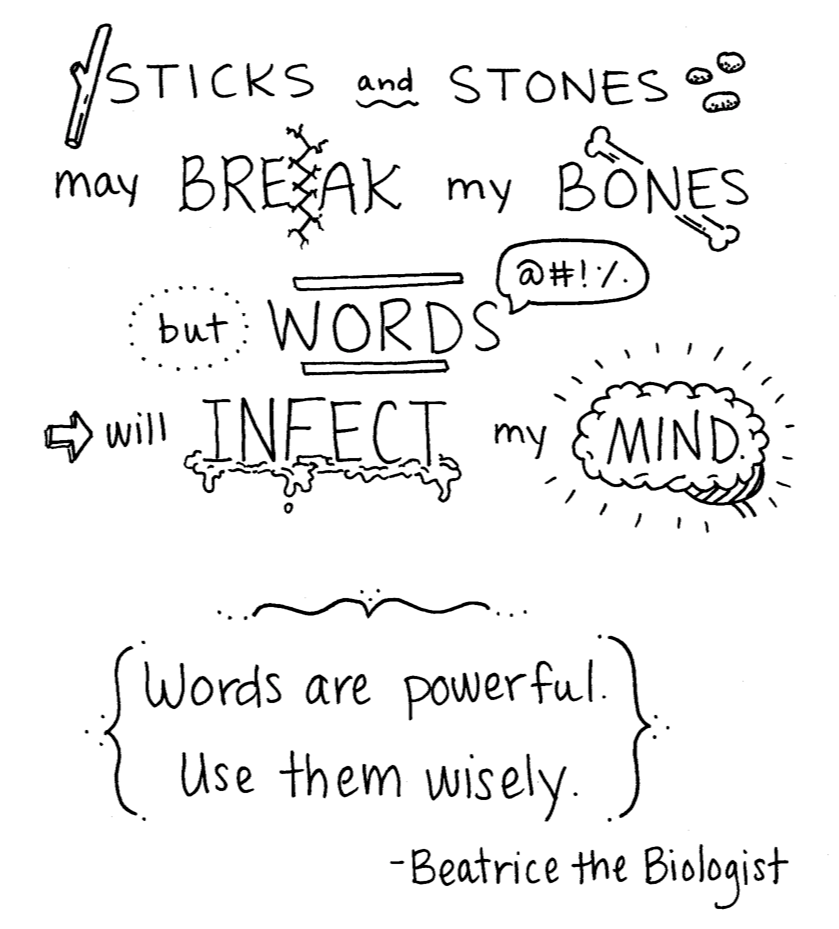
I have a 7 year old son. 7 years old is a tough age. Thinking back to my 2nd and 3rd grade, these were my most socially challenging years. 2nd grade is proving to be his as well. We have had many talks this year about being popular, bullying, confidence and social acceptance. I am blessed to have a son that feels open to come and talk to me about his feelings and even when he doesn’t know what he is feeling, to take the words I have for him and use them as tools.
He came to me last night upset because not all of the kids want to play with him on the playground. Up until this year, he has been popular, and the classrooms very social. Like I said, 7 is a tough age for children.
It was a really difficult situation to discuss because honestly, I didn’t know what to say. I, too, wanted to be popular in school and wasn’t. I, too, put much too much importance on how big my friend circle was rather than on what really mattered. That I was, and am, very blessed to have a small group of very special friends. Real friends. Many people, 7 or 47 years old may not ever understand this.
This morning, I showed my son a clip about bullying. It showed how to respond to a bully to not let them take your power. How to win and stop being a victim (you can watch the video here!)
After he watched the video, he responded “I didn’t understand all of it?” To explain, I reminded him of the girl that upset him by saying “boys go to Jupiter to get more stupider, girls go to college to get more knowledge” and then we role played on responses he could give to that to cut off the victim role as described in the video. “I could say I don’t care and walk away” he said. I commended his response and assured him that sometimes he may care, but if he doesn’t show the other person, then he has won that battle for power. I then gave him examples of ‘fake it ’til you make it’ that he could relate to and proved that if he continued to not react with emotion, eventually he would see that he wins when he “doesn’t care” and would soon really start not caring. Because we talked in terms of circumstances he can relate to, he understood this.
I related to him by telling him I understood because I always wanted to be popular and wasn’t. But now, as an adult, I realize that it isn’t as important as I once thought it was. I also reminded him that each year, with each new classroom, the dynamic (yes, he understands that word 🙂 changes too. If he can’t make sense with or come to peace with how things are, there is always an end to that and something to look forward to. Children’s brains lack the ability to see that significance of “temporary.” This is why teen suicide is such a problem. They cannot see that the way things are right now, won’t be the way things always are.
We need to remind them of these things. Give them examples to show them what you’re talking about. Be a person they can come to. Hold space for them to talk about feelings even when you don’t know what to say. It’s actually ok to say “I really don’t know what to say, but I am here for you and we will get through this together.” We can’t discount their feelings and act as though they are simple and not important because the fact of the matter is, not being able to play with everyone on the playground is just as big to a child as not being in all social circles at a get-together or workplace for many adults. Put yourself in their shoes. Remember a time when you felt the same way as a child, or even an adult. Tell them specifics about that time, how you handled it, and how you could have reacted differently or better OR why it was good what you did.
Most importantly, remind them that we are in this together. I would imagine, from my experiences as a child, knowing they have a teammate is always empowering.